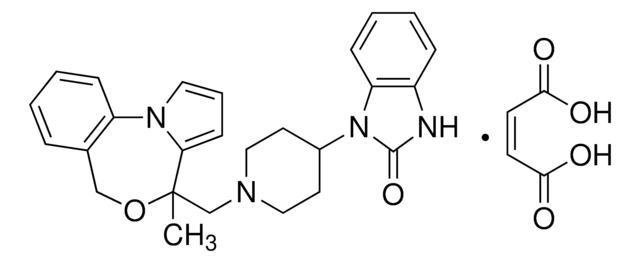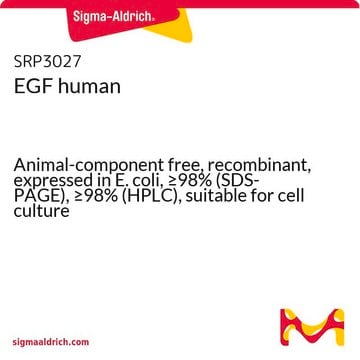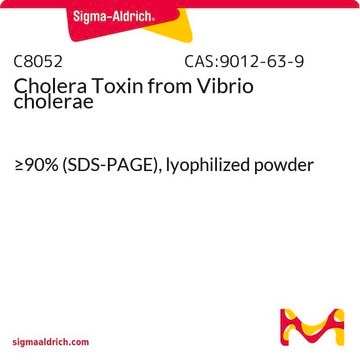CBL66
Anti-Atrial Natriuretic Peptide Antibody, clone A6
clone A6, Chemicon®, from mouse
Sinónimos:
ANP
About This Item
Productos recomendados
biological source
mouse
Quality Level
antibody form
affinity purified immunoglobulin
antibody product type
primary antibodies
clone
A6, monoclonal
species reactivity
human
manufacturer/tradename
Chemicon®
technique(s)
immunohistochemistry: suitable (paraffin)
radioimmunoassay: suitable
isotype
IgG1
NCBI accession no.
UniProt accession no.
shipped in
wet ice
Gene Information
human ... NPPA(4878)
Specificity
FUSION PARTNER: NSO myeloma cell line
Immunogen
Application
(Clinical measurement of circulating ANP levels possibly in conjunction with cyclic GMP)
Liquid phase assay without plasma extraction
Staining of formalin-fixed wax embedded tissue
Optimal working dilutions must be determined by the end user.
Neuroscience
Hormones & Receptors
Physical form
Storage and Stability
Legal Information
Disclaimer
¿No encuentra el producto adecuado?
Pruebe nuestro Herramienta de selección de productos.
Storage Class
10 - Combustible liquids
wgk_germany
WGK 2
flash_point_f
Not applicable
flash_point_c
Not applicable
Certificados de análisis (COA)
Busque Certificados de análisis (COA) introduciendo el número de lote del producto. Los números de lote se encuentran en la etiqueta del producto después de las palabras «Lot» o «Batch»
¿Ya tiene este producto?
Encuentre la documentación para los productos que ha comprado recientemente en la Biblioteca de documentos.
Nuestro equipo de científicos tiene experiencia en todas las áreas de investigación: Ciencias de la vida, Ciencia de los materiales, Síntesis química, Cromatografía, Analítica y muchas otras.
Póngase en contacto con el Servicio técnico







